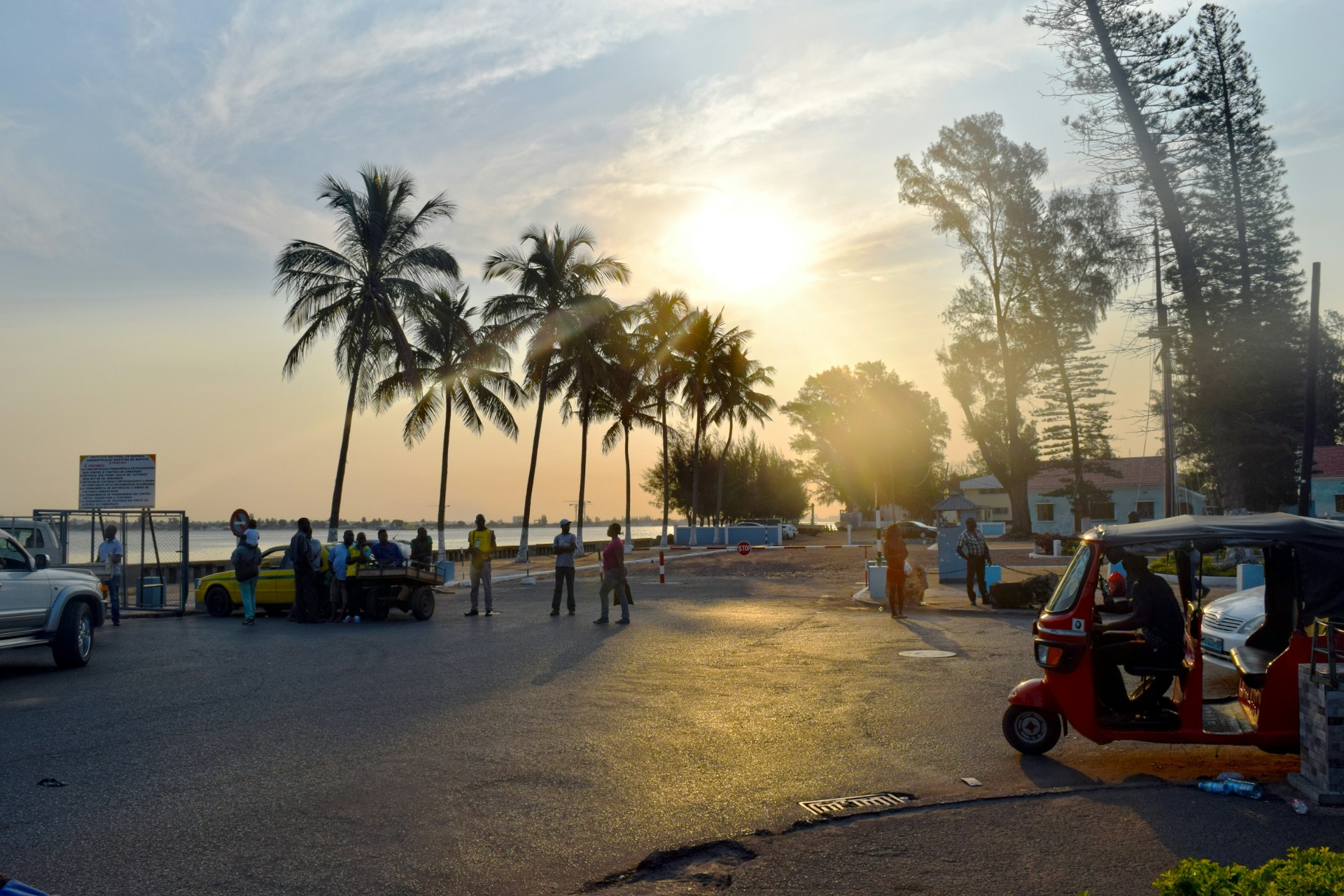
Mozambique travel to south afrca-Security, Corruption, and Traffic Enforcement
Security, Corruption, and Traffic Enforcement: Risk Mitigation Strategy
Traveling overland in Mozambique requires heightened awareness of potential interactions with unauthorized individuals at the border, corrupt officials on the road, and general security threats. A proactive and compliant approach is the most effective defense against these risks.
I. Mitigation Strategy: Border Scams and "Runners"
The interaction with unauthorized persons, or "runners," at the border posts—especially Lebombo/Ressano Garcia—is a major source of fraud and administrative complications. These individuals are not government officials and may aggressively solicit payment for illegitimate services.
Mitigation Strategy Actionable Steps Source(s)
Zero Engagement Policy Strictly decline any offer of assistance from "runners". Engaging with them can lead to being overcharged, receiving incomplete documentation, or becoming party to fraud.
Self-Sufficiency Complete all paperwork independently. Officials are often prohibited from helping with forms, and unofficial assistance frequently leads to complications.
Secure Documentation NEVER hand over your passport or original documents to anyone who is not a uniformed official. Keep your papers well-protected.
Financial Integrity No official fees are payable for the completion of standard documents on either side of the border. Payment should only occur at designated official counters for services like the Temporary Import Permit (TIP) or Third-Party Liability Insurance.
II. Mitigation Strategy: Traffic Police Misconduct and Bogus Fines
Mozambican traffic police (often called "transitos," wearing white shirts and blue trousers) frequently conduct checkpoints and may stop foreign vehicles for random checks or attempt to impose fines for "bogus offenses".
Mitigation Strategy Actionable Steps Source(s)
Maintain Absolute Compliance Ensure all mandatory vehicle safety equipment (two red triangles, two reflective vests, Comprehensive Vehicle Insurance letter, and proof of compulsory Third-Party Insurance/"seguro") is present and immediately accessible. This removes common excuses for fines.
Strict Procedural Defense (Fines) Refuse to pay cash fines on the spot. If a fine is issued, insist on a formal, written receipt. Ask for the specific article number of the Mozambican law allegedly violated. Fines should only be paid at a designated police station or fiscal office.
Maintain Professionalism When stopped, be polite, respectful, and patient. Remove sunglasses, turn down the radio, and put on hazard lights to show respect. Do not initiate a bribe.
Security and Reporting If corruption is encountered, politely note the officer's name and identification number (usually on a chest tag) and the time/location of the stop. Report incidents to the Anti-Corruption Hotline (+258 800 002 870 or +258 82 396 9890).
Defensive Driving Strictly adhere to speed limits (typically 60 km/h in towns and 120 km/h on open roads). Seatbelts must be worn at all times. Traffic officers are renowned for being strict with tourists.
III. Mitigation Strategy: High Legal Risk (72-Hour Detention)
Mozambican law mandates a severe legal risk for drivers: a compulsory jail term of 72 hours for anyone involved in a fatal traffic accident, regardless of fault.
Risk Mitigation Strategy Actionable Steps Source(s)
High Standard of Driving Maintain an exceptionally high standard of defensive driving. Drive cautiously, especially in cities where chaotic traffic and non-adherence to rules are common.
Accident Protocol In the event of an accident, report it to the nearest police station and contact your embassy immediately. If a crowd gathers and becomes hostile (common after accidents), get away from the scene and proceed immediately to the police station.
Legal/Consular Contingency Pre-plan access to legal counsel and keep contact information for the South African High Commission in Maputo handy. The High Commission offers advice if officials insist on escorting you to a police station or if you are unsure of the legitimacy of a charge.
IV. Mitigation Strategy: General Security, Crime, and Terrorism
Travelers must exercise increased caution due to generalized crime (mugging, pickpocketing) and specific security threats, particularly in northern provinces.
Risk Mitigation Strategy Actionable Steps Source(s)
Avoid Night Travel Road travel outside cities after dark is strongly advised against. Night driving is dangerous due to unlit vehicles, pedestrians, poor lighting, and increased risk of banditry and crime.
Vehicle Security Keep car doors locked and windows closed while driving. Avoid picking up strangers or stopping to help distressed motorists, as hijackers sometimes use these techniques. Secure all valuable items in the trunk/boot; luggage packed on the back seats is prohibited and subject to spot fines.
Terrorism and Exclusion Zones DO NOT TRAVEL TO Cabo Delgado Province, the Niassa Special Reserve, and certain northern districts of Nampula Province due to terrorism and insurgency (Level 4: Do Not Travel). Upscale hunting lodges in remote areas have been targeted.
Handling Obstacles If you encounter obstacles left in the road (which can signal crime or theft traps), do not stop or exit the vehicle to remove them. Rather turn around and find an alternative route.
Crime Awareness Petty crime, such as mugging and pick-pocketing, is common in Maputo and secondary cities. Avoid walking alone at night, even in well-known tourist areas.
Community Intelligence Join relevant social media groups (e.g., DriveMoz Facebook Group) before traveling. These communities provide real-time alerts on road closures, delays, and corruption hotspots, serving as an effective information gap management tool.